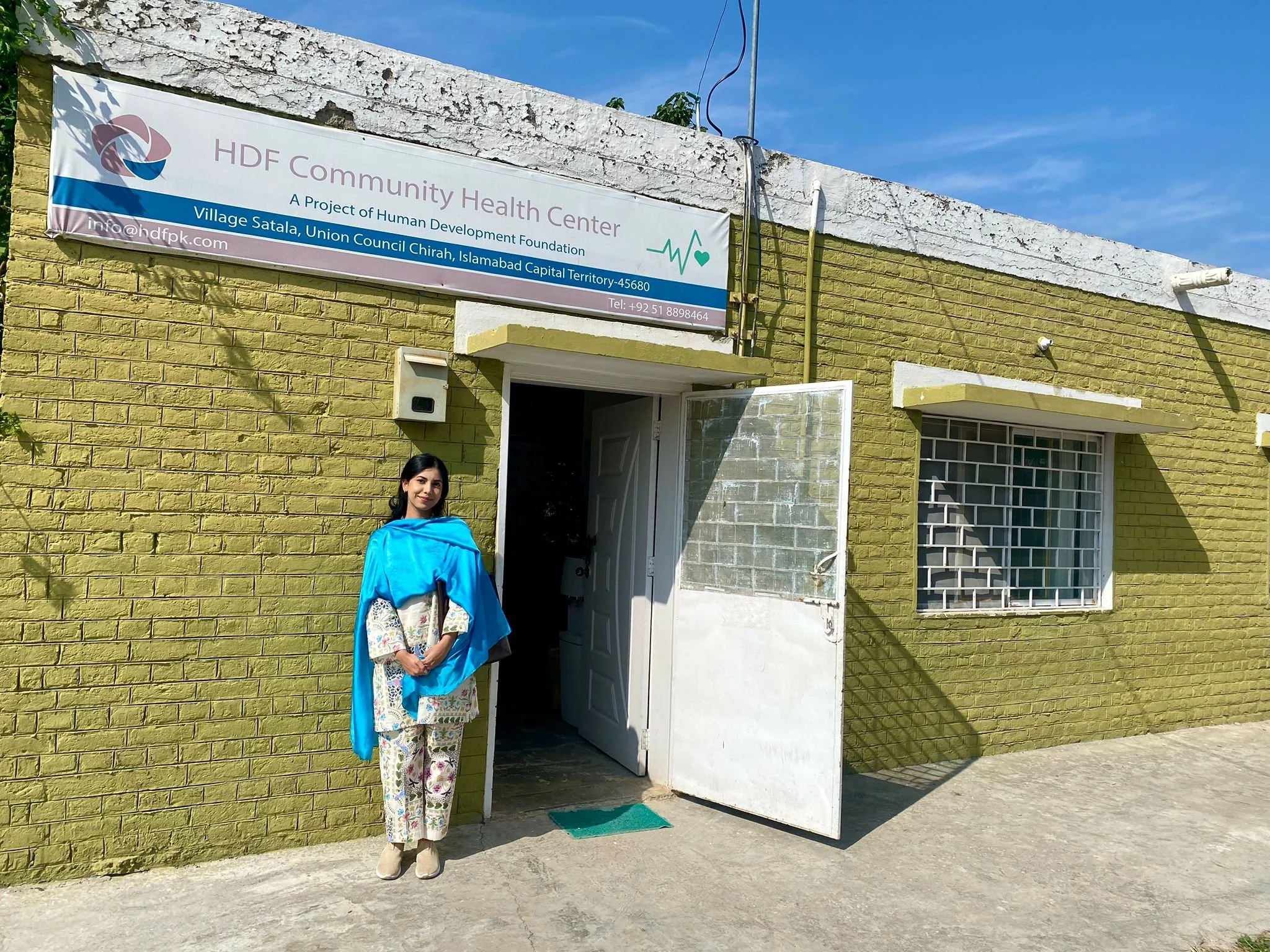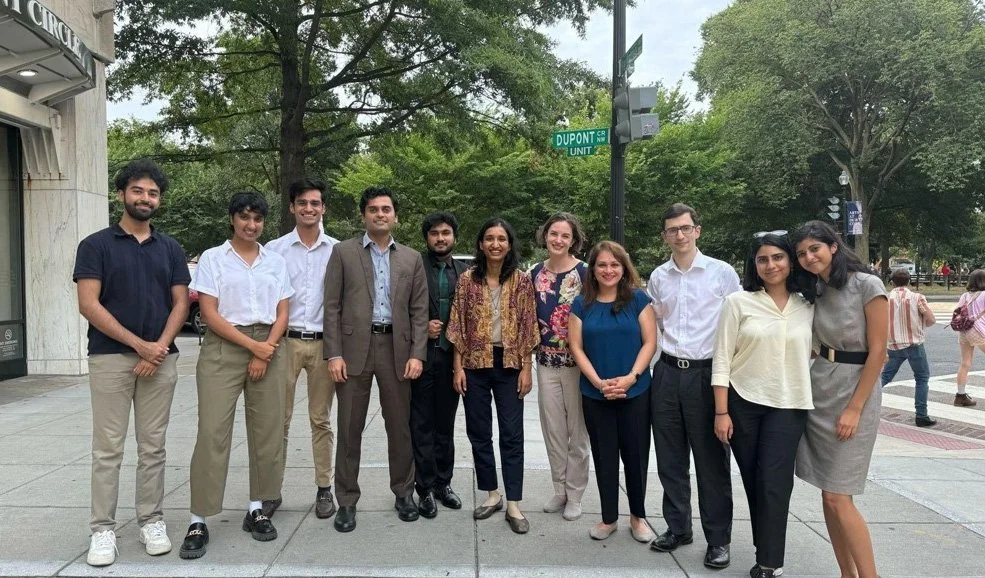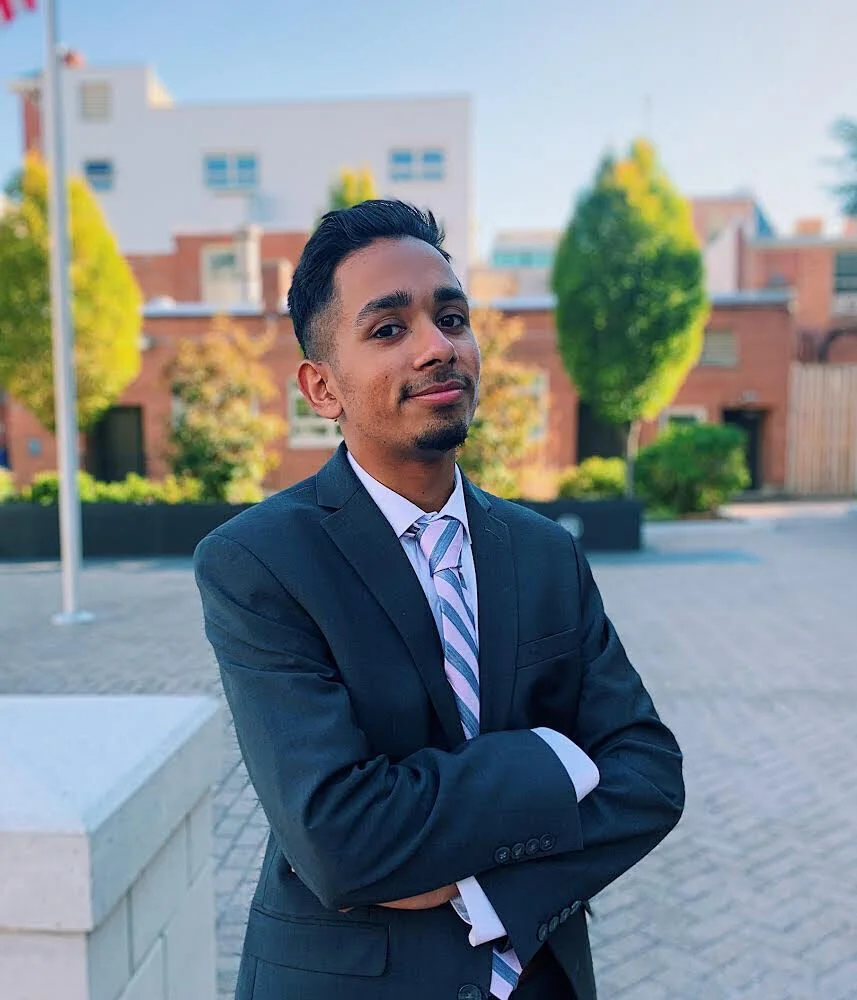The APF Pakistan Fellows Program offers fellowships for students and young professionals interested in social and economic development in Pakistan. The Program offers in-person opportunities based in Pakistan and the United States, as well as virtual opportunities.
“The American Pakistan Foundation Fellowship provided me with the unique opportunity to gain valuable experience towards my minor in human rights while also giving back and connecting to the country I left at the age of two years old.”
perspectives FROM APF Fellows
“I worked in a very poor and remote village in the outskirts of Bahawalpur, yet women in the village were breaking the vicious cycle of poverty by starting their own businesses.”
Research Presentations
All APF Pakistan Fellows participate in a final presentation of their research, which presents them with an opportunity to showcase what they learned during their fellowship while also strengthening their presentation and speaking skills.
IN PICTURES
APF Fellow Fatima Alyas worked with female artisans in Bahawalpur to determine ways to improve their professional mobility and increase economic opportunities.
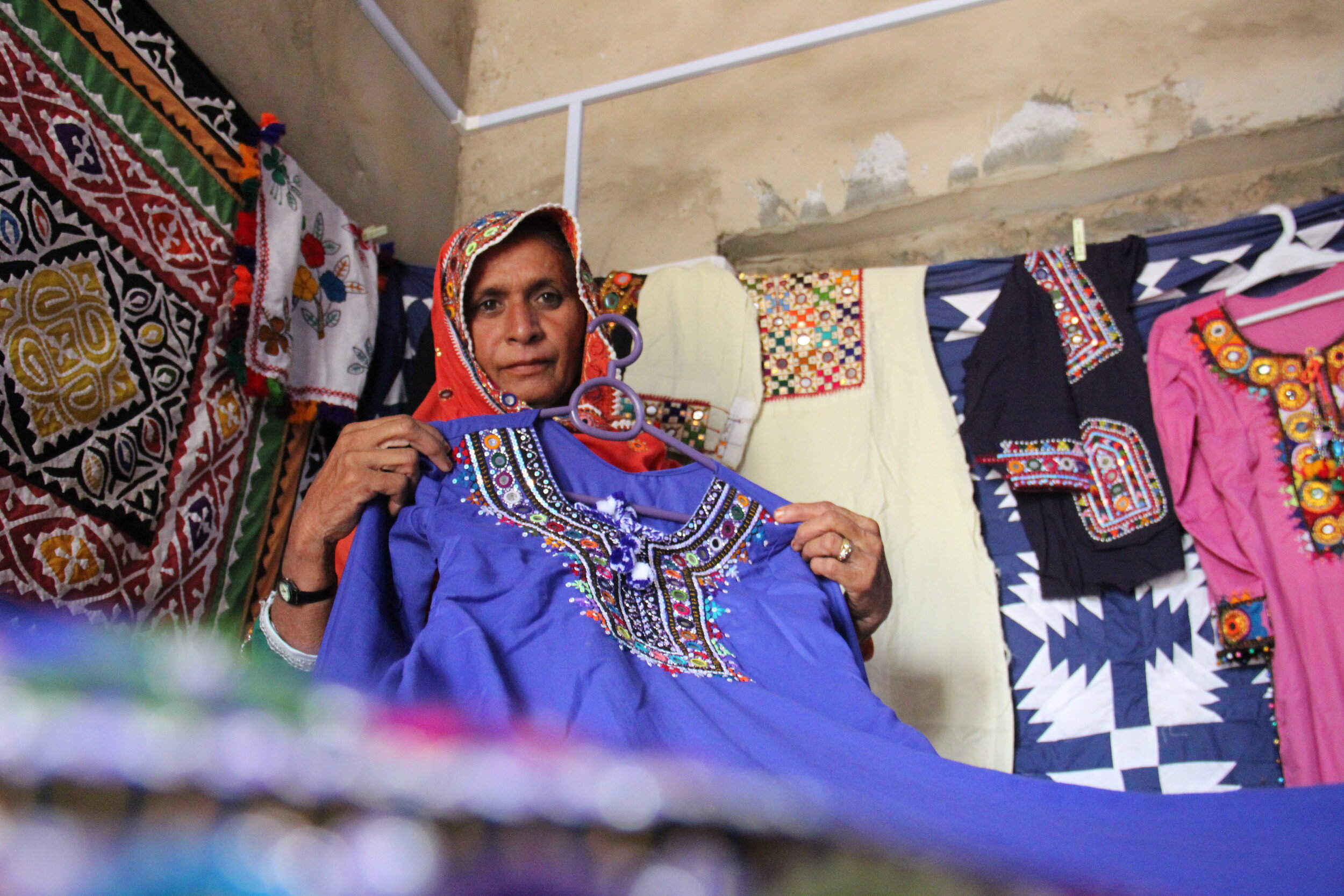
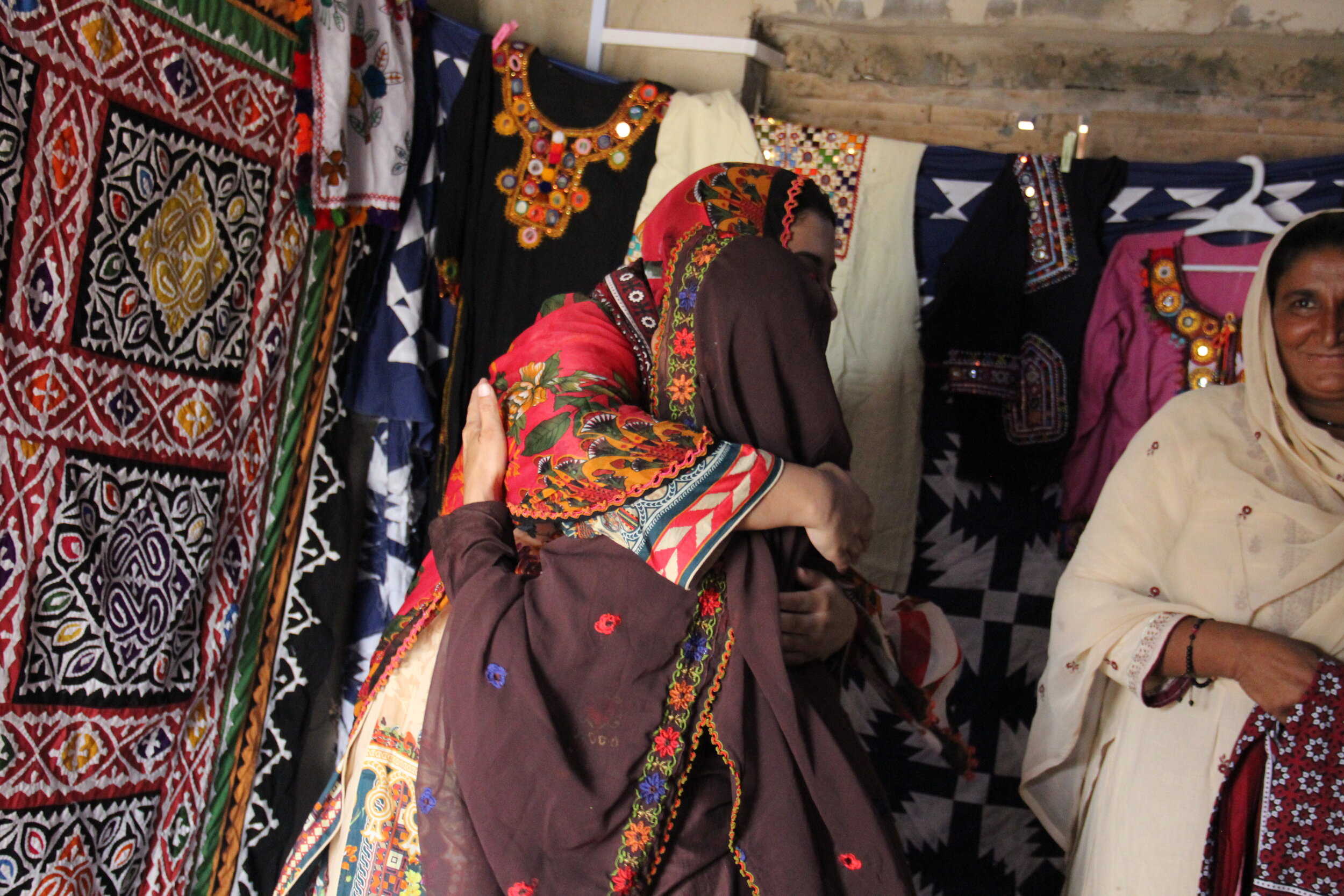
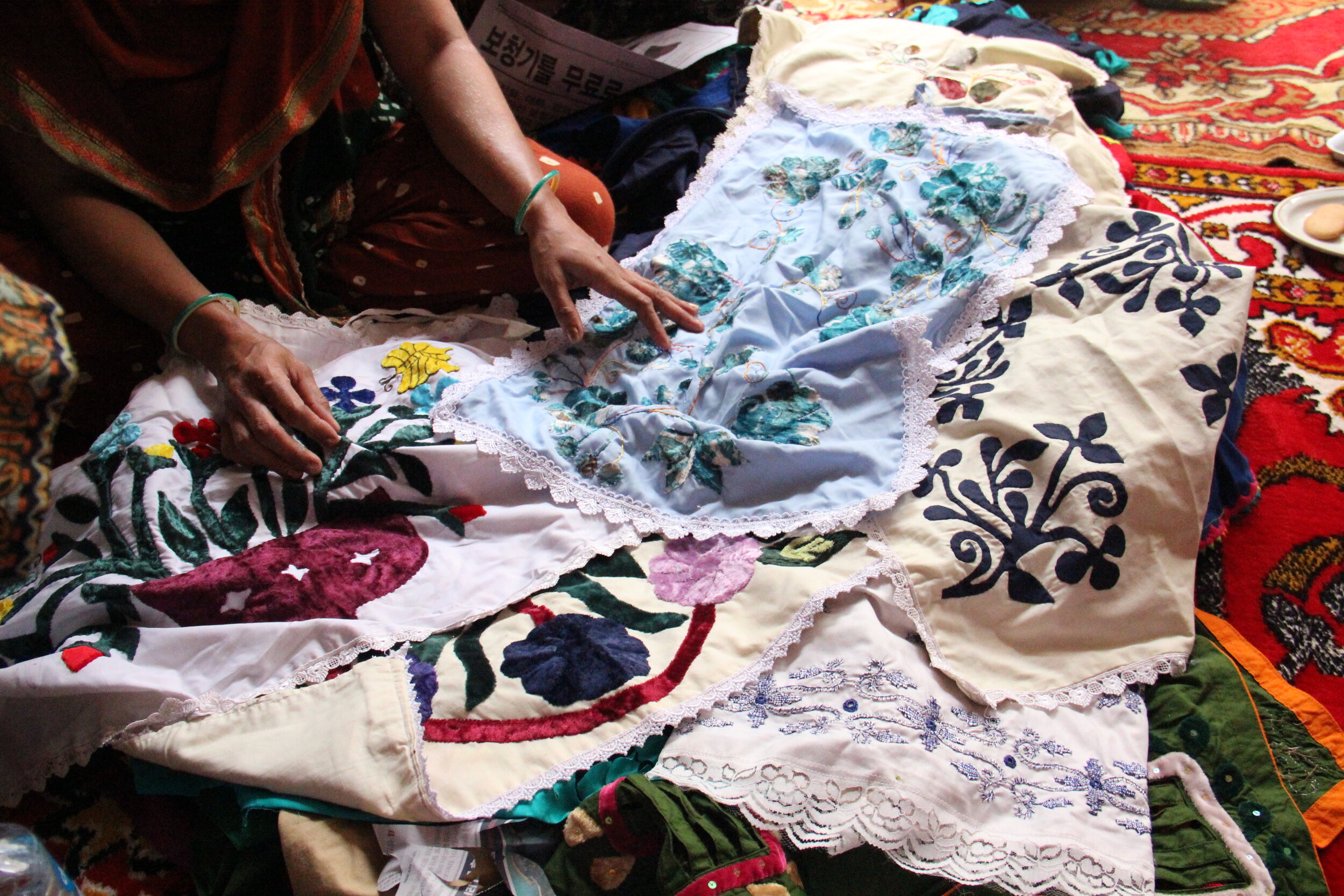
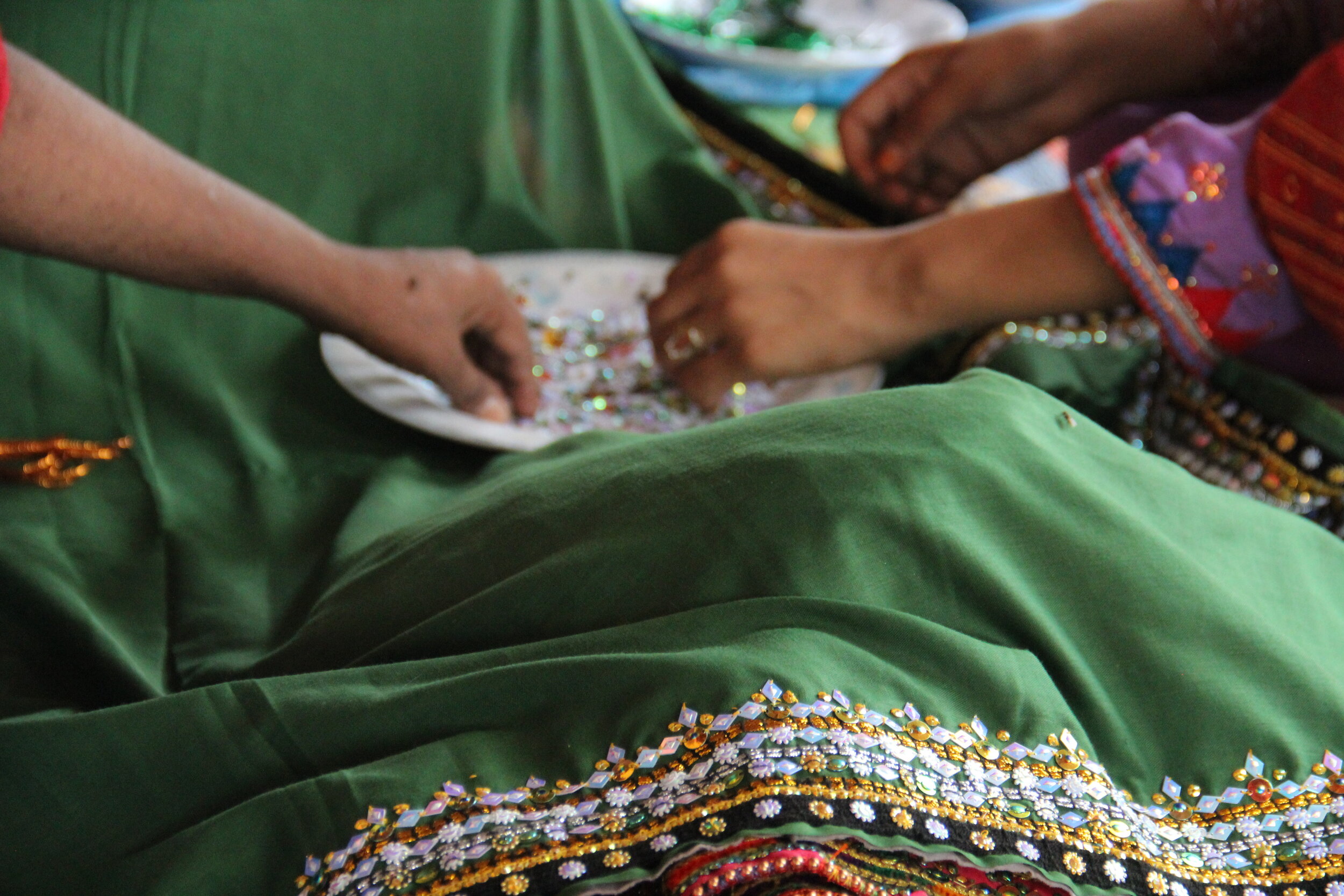
“I was able to interact and connect with local Pakistanis who I normally do not have the opportunity to interact with. Talking with them, getting to know them and their work, seeing what they have accomplished and hearing the pride in their voice was a great thing to witness.”
APF Fellows from the 2017 cohort enjoy a site seeing excursion in Pakistan.
“The people who I have met are truly remarkable: tough and determined to improve the conditions and lives of those within their communities. They have unlimited potential, and when provided the right resources and education, can accomplish a great deal for their families, friends, neighbors, and fellow Pakistanis.”
APF Fellows Explore Pakistan’s Historic + Cultural Sites
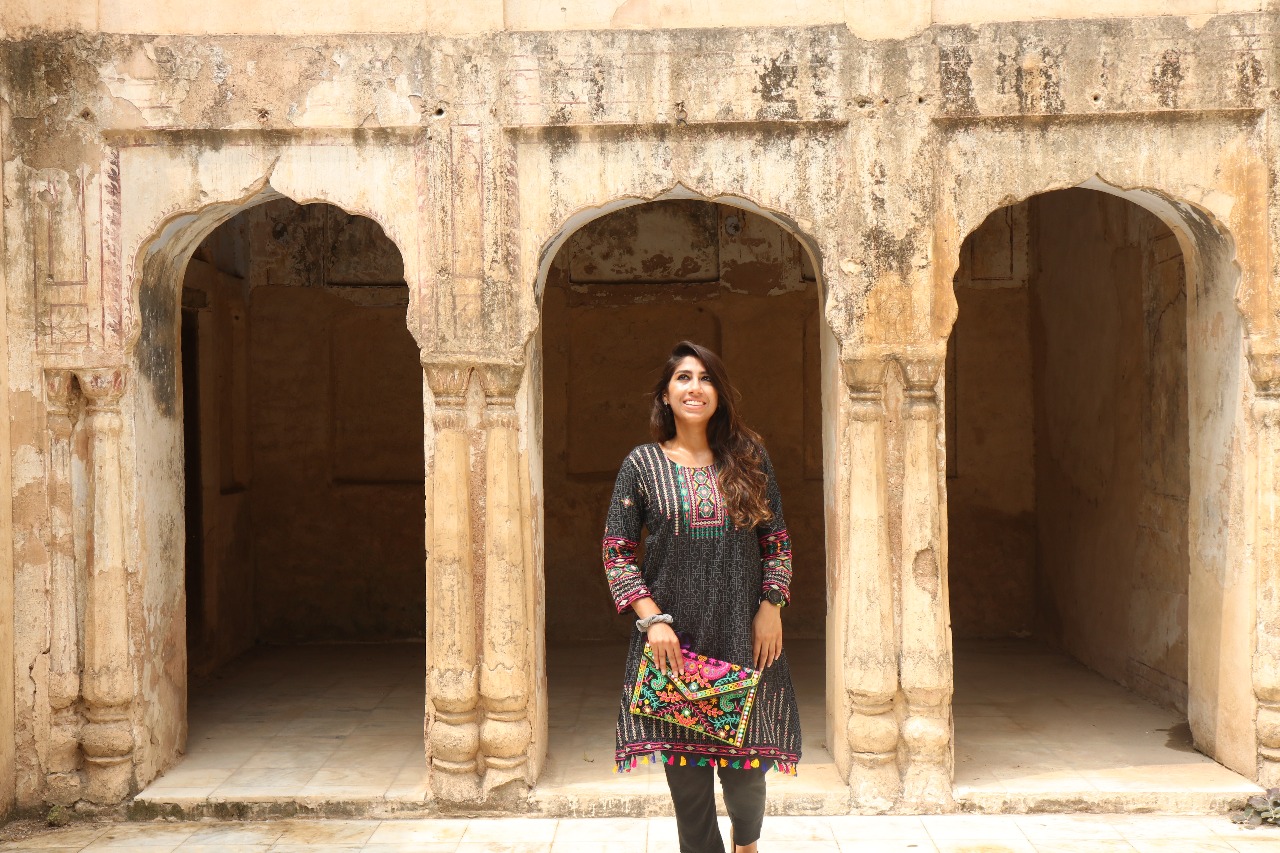
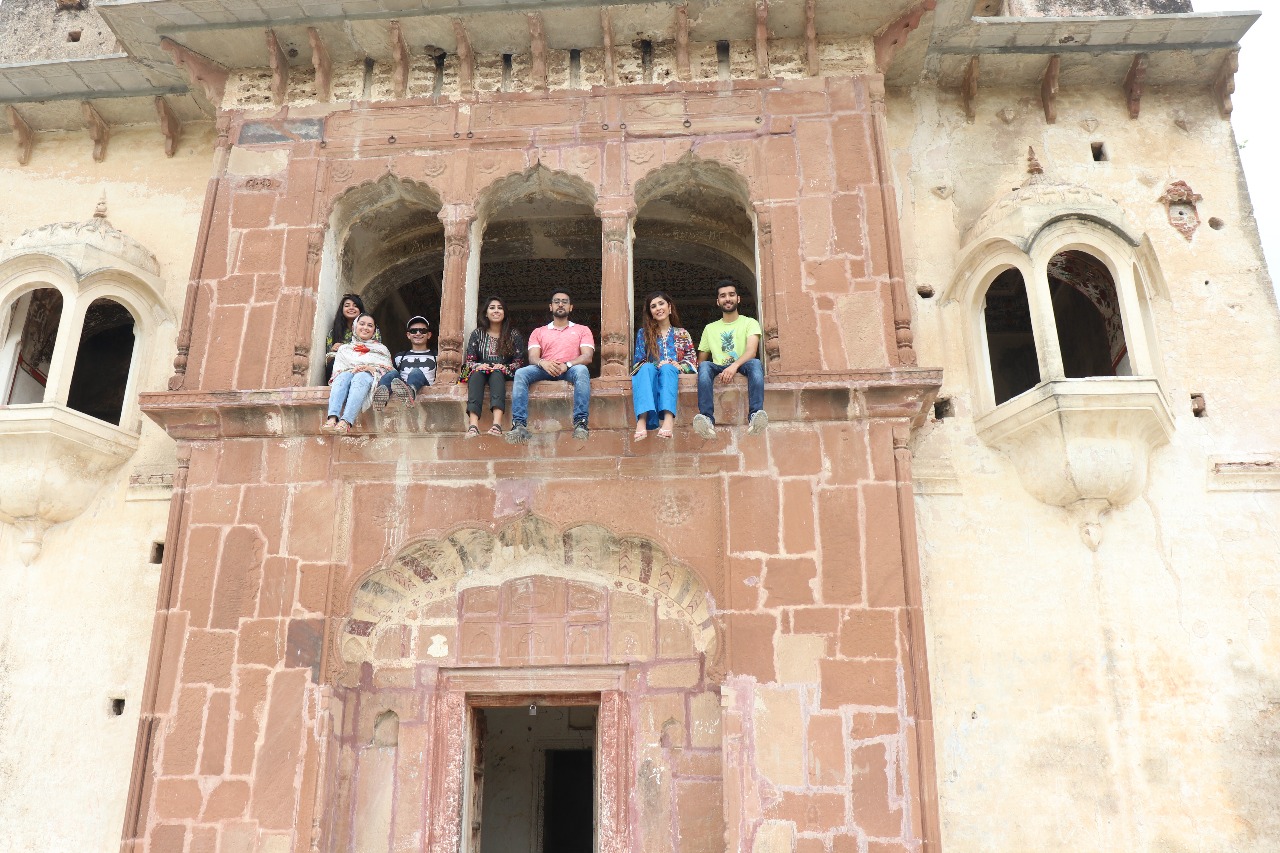
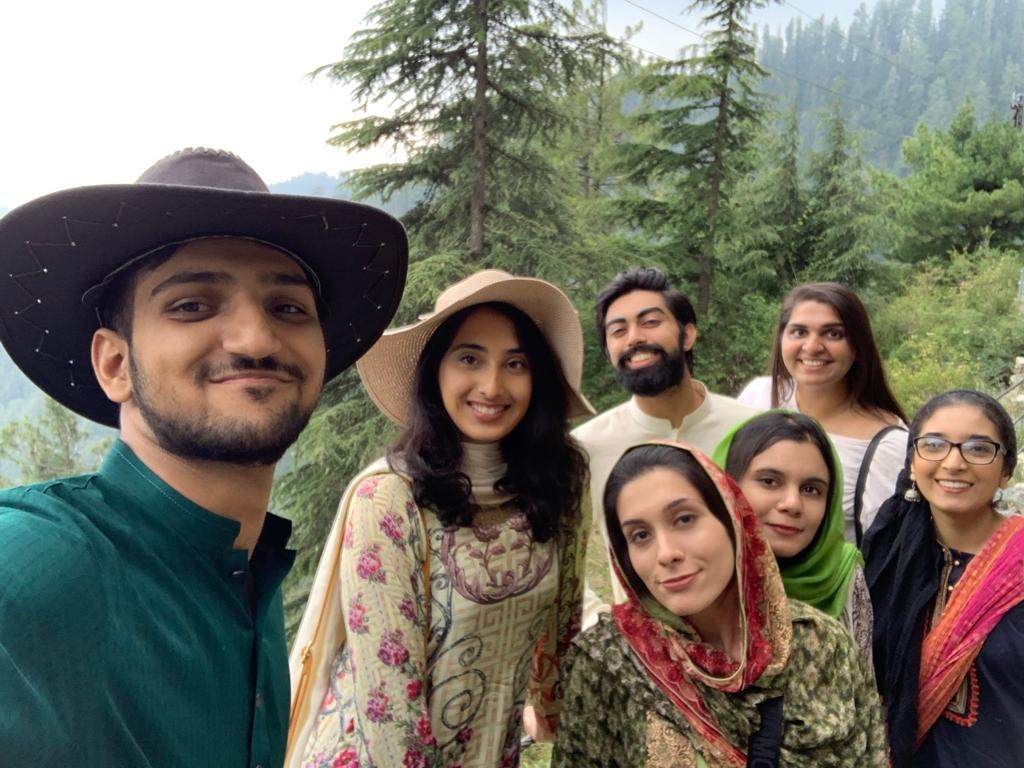
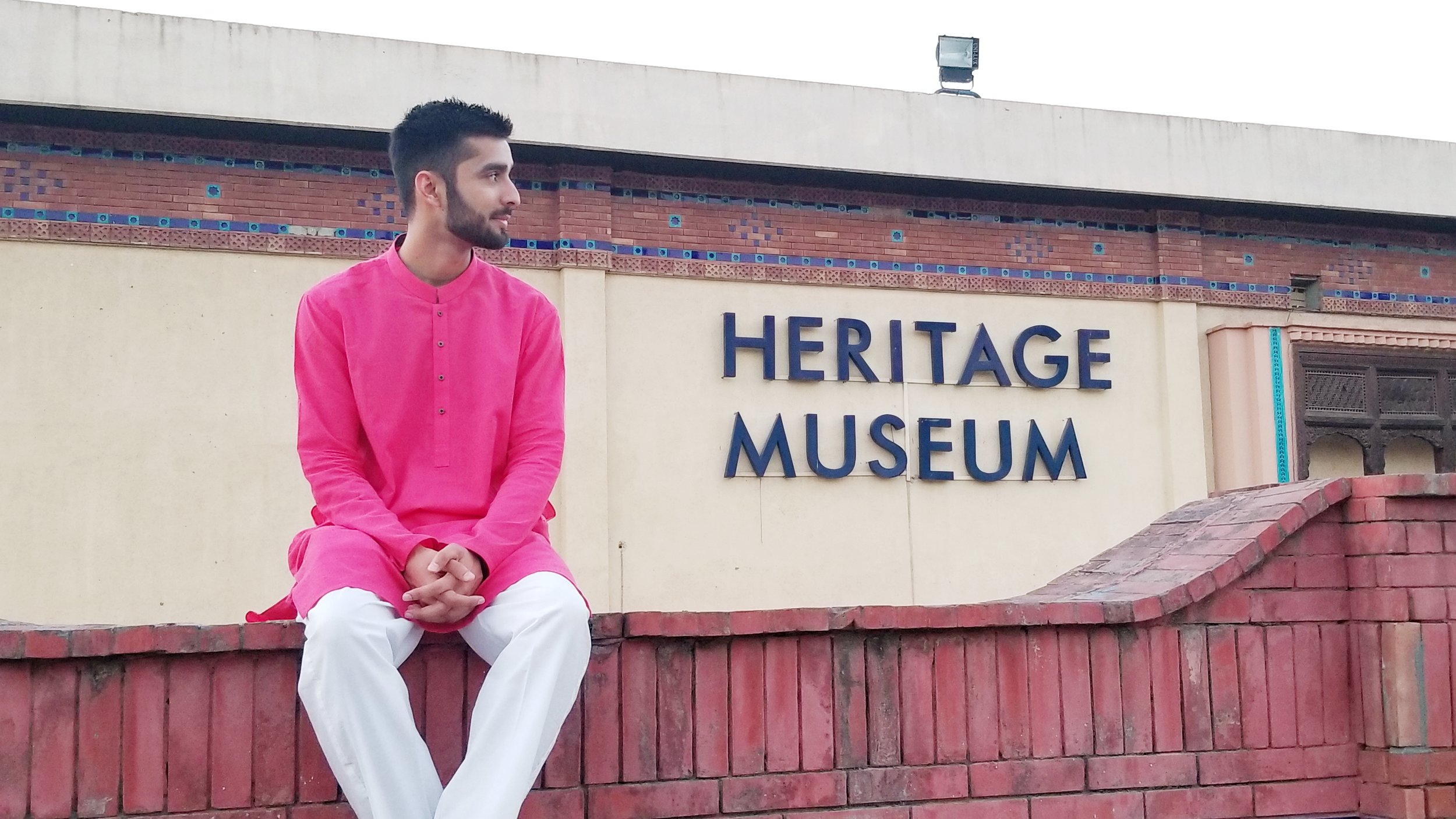
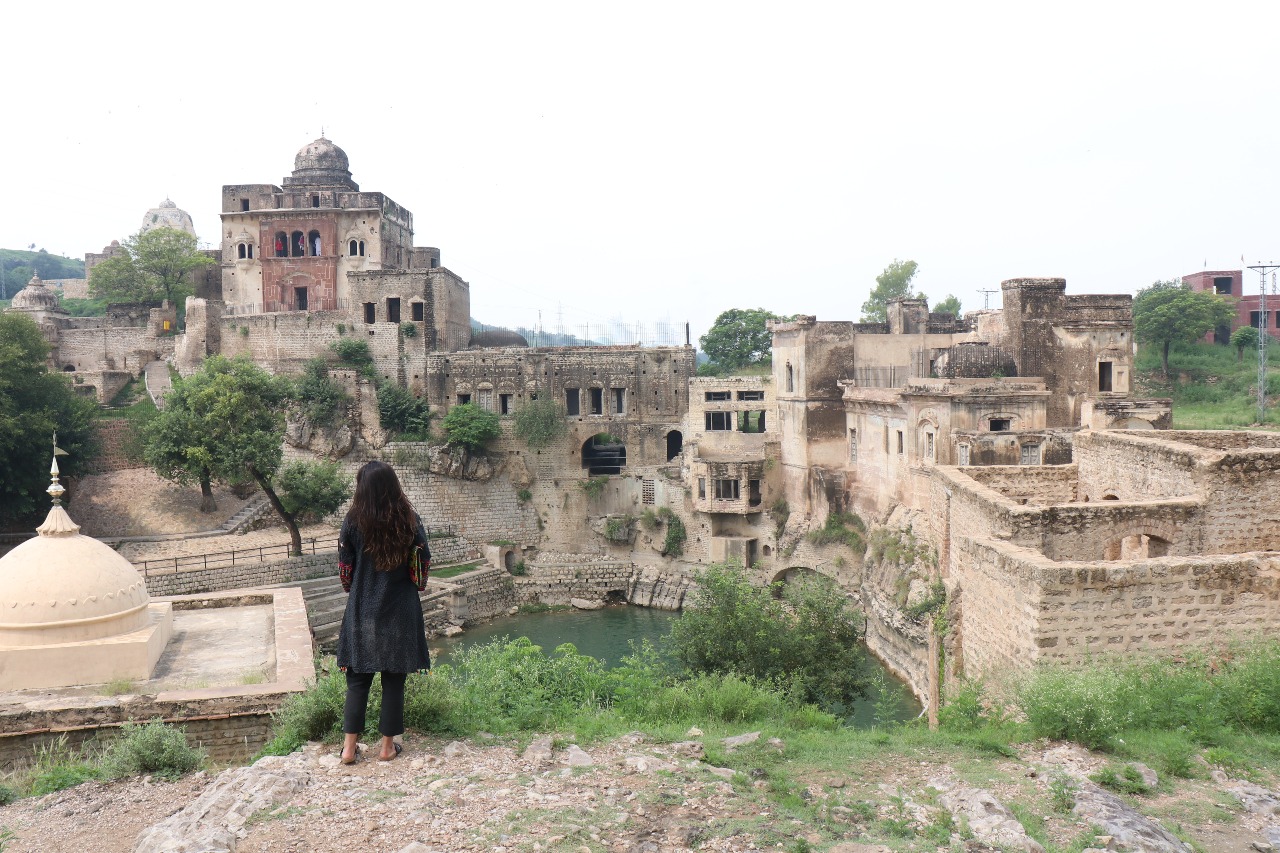

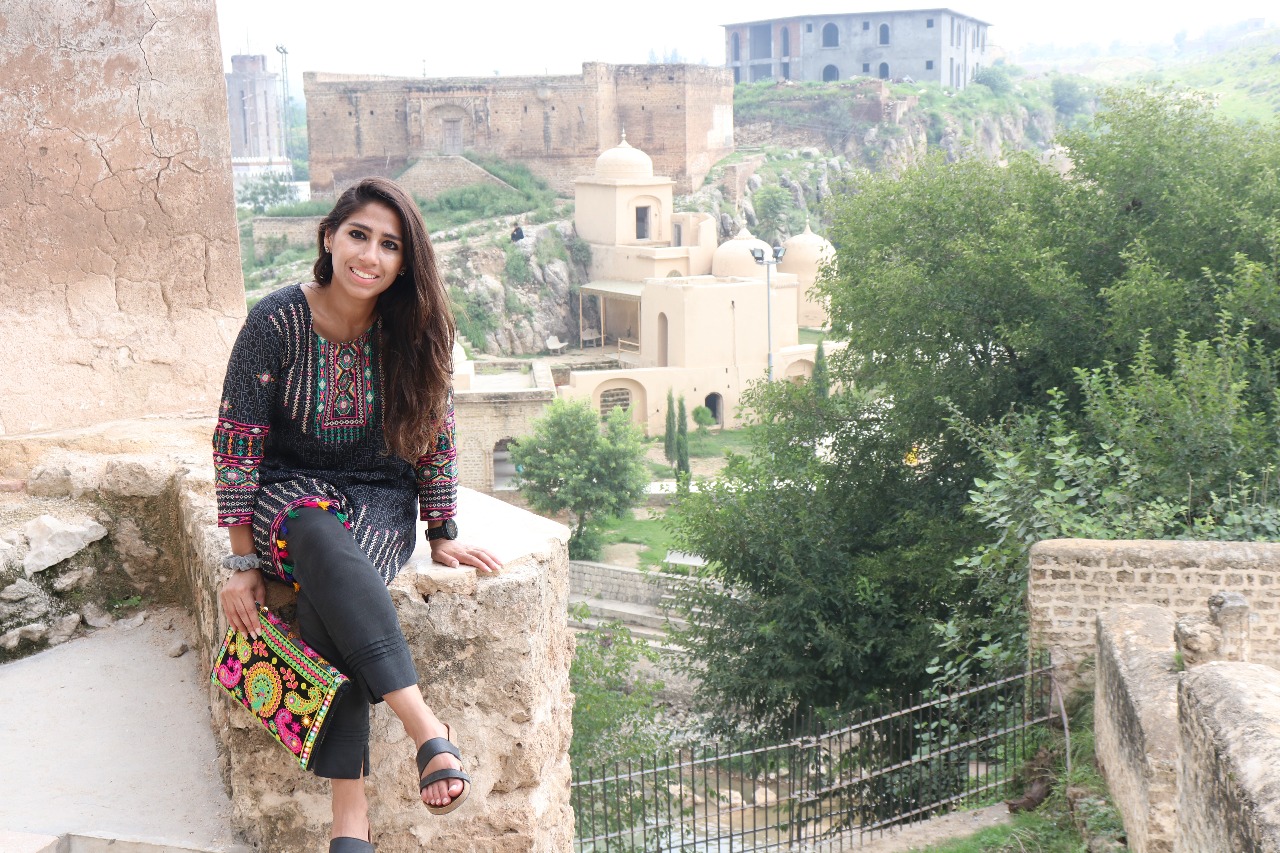
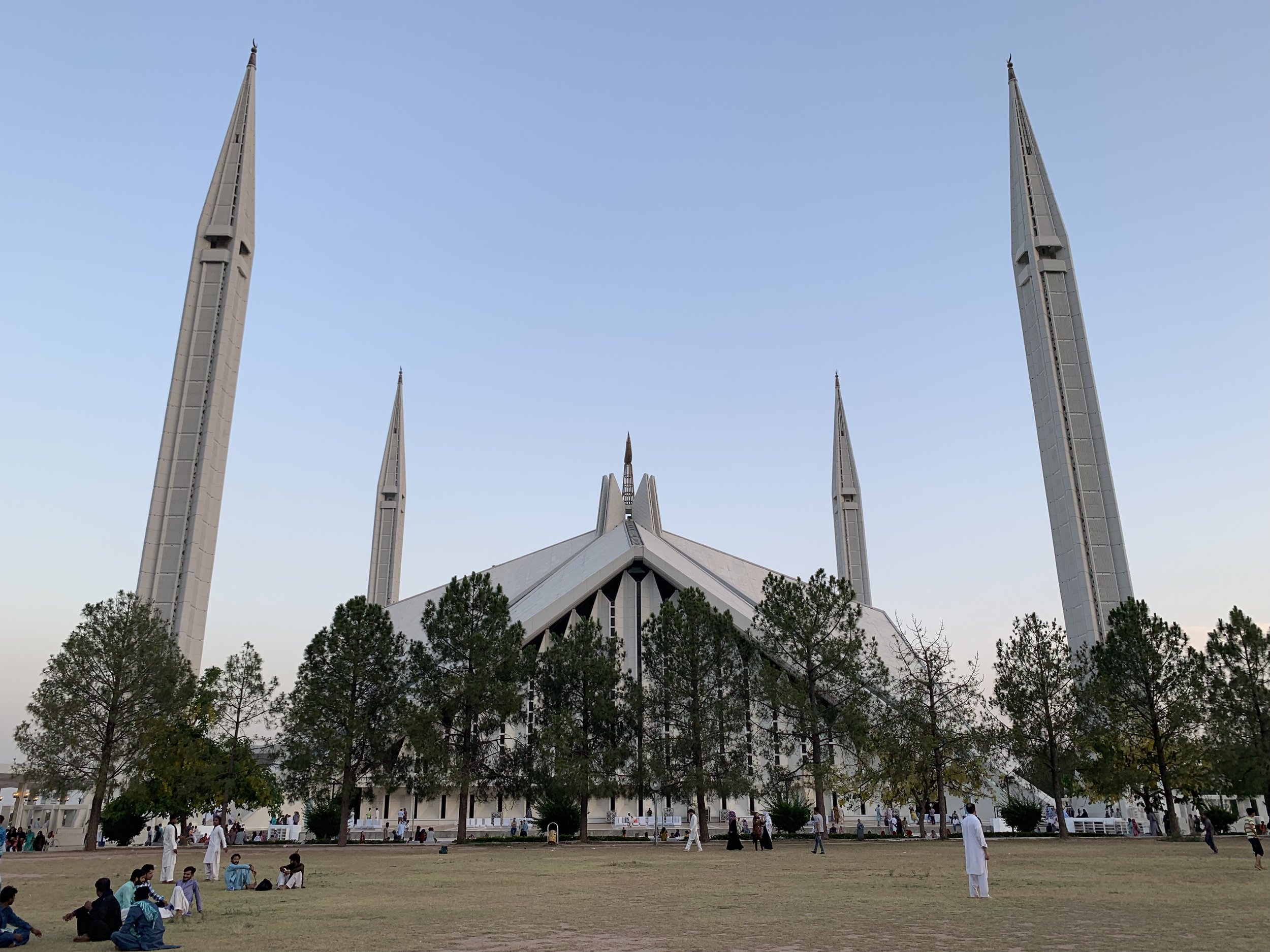
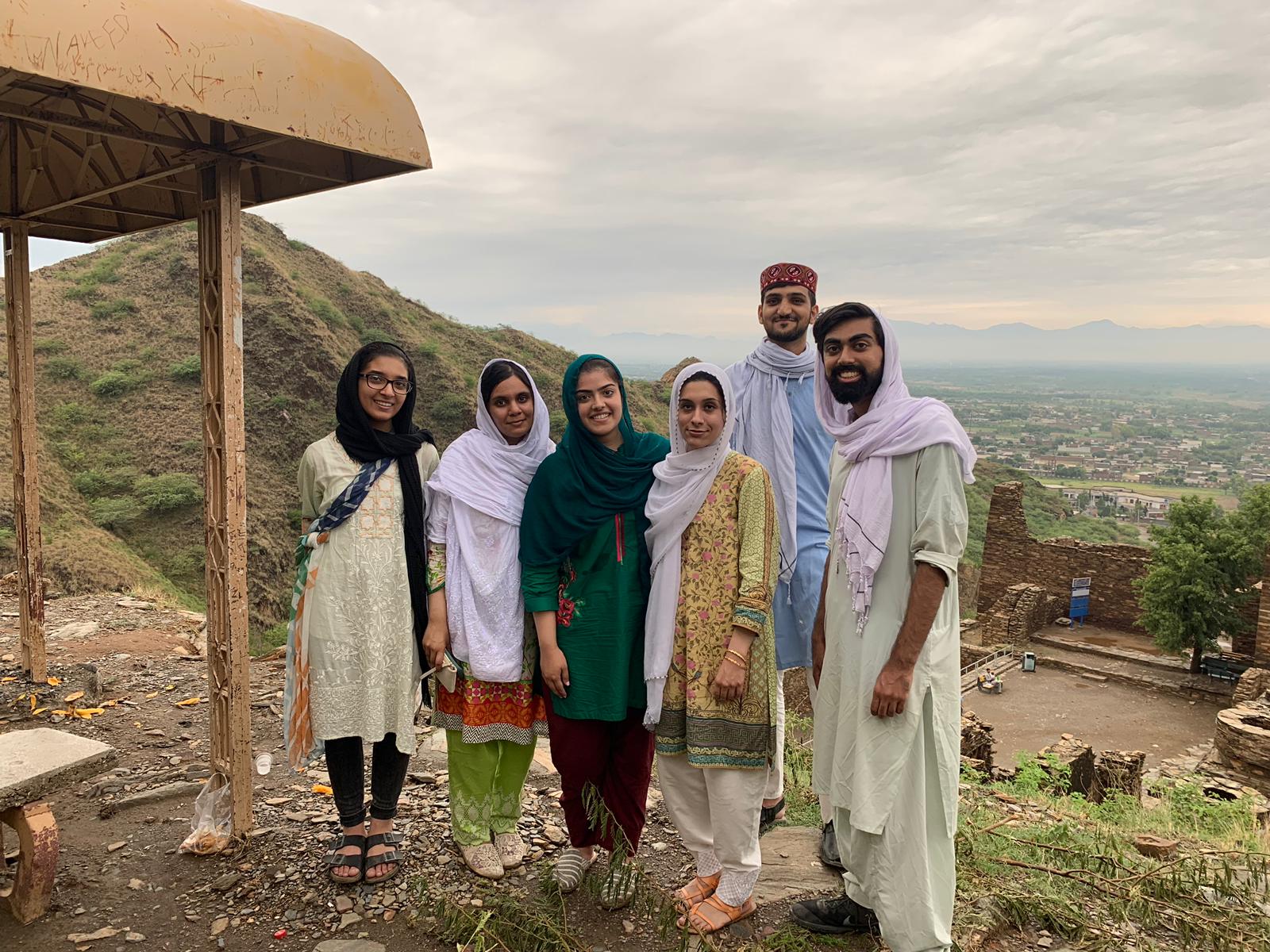
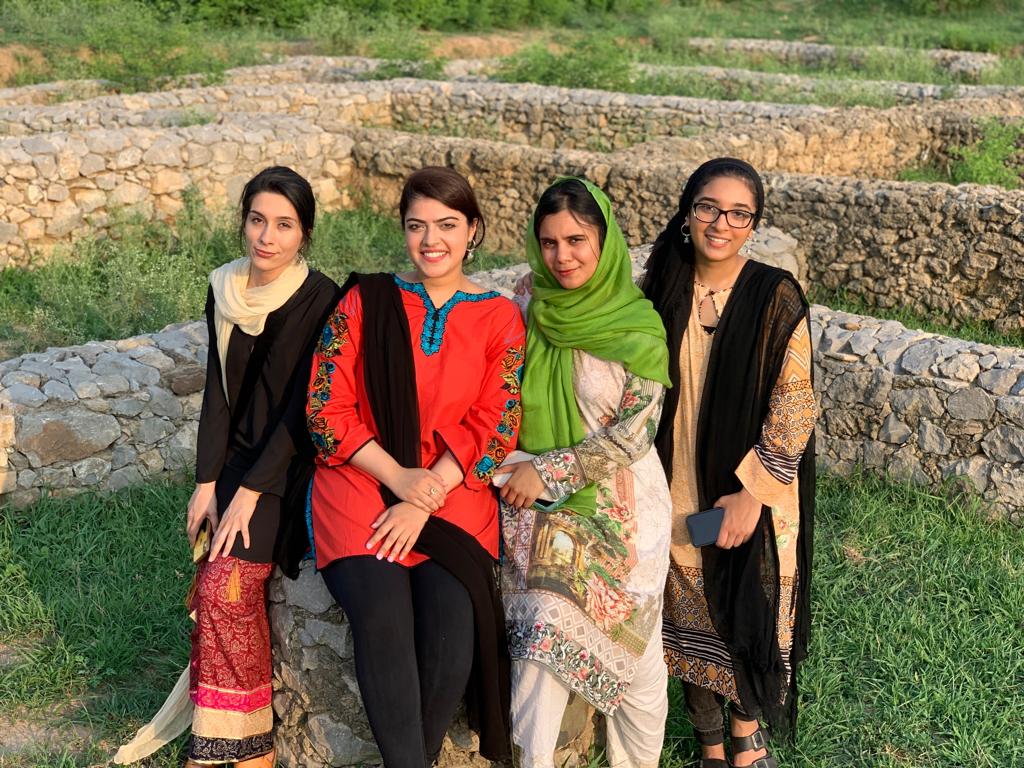
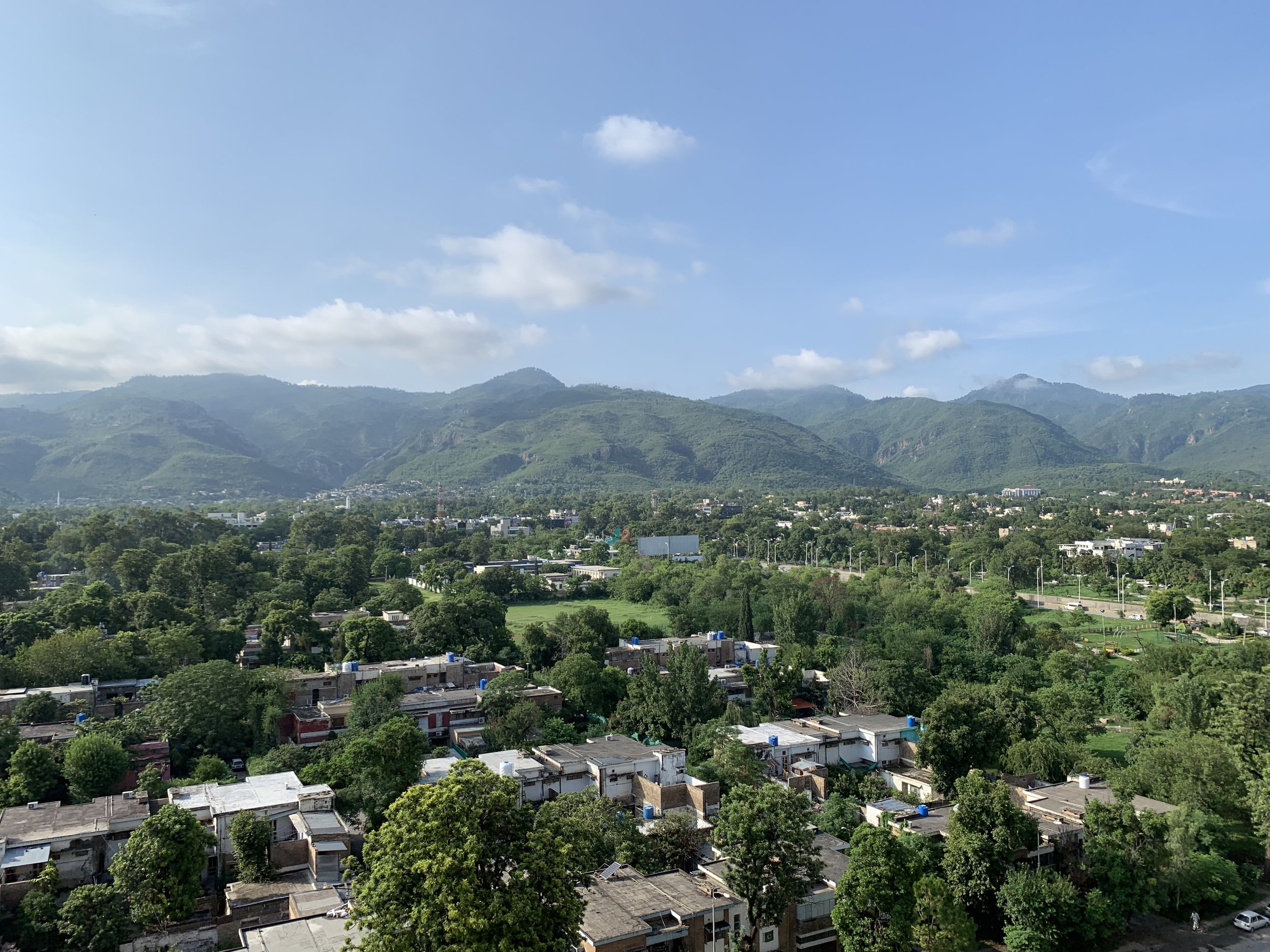
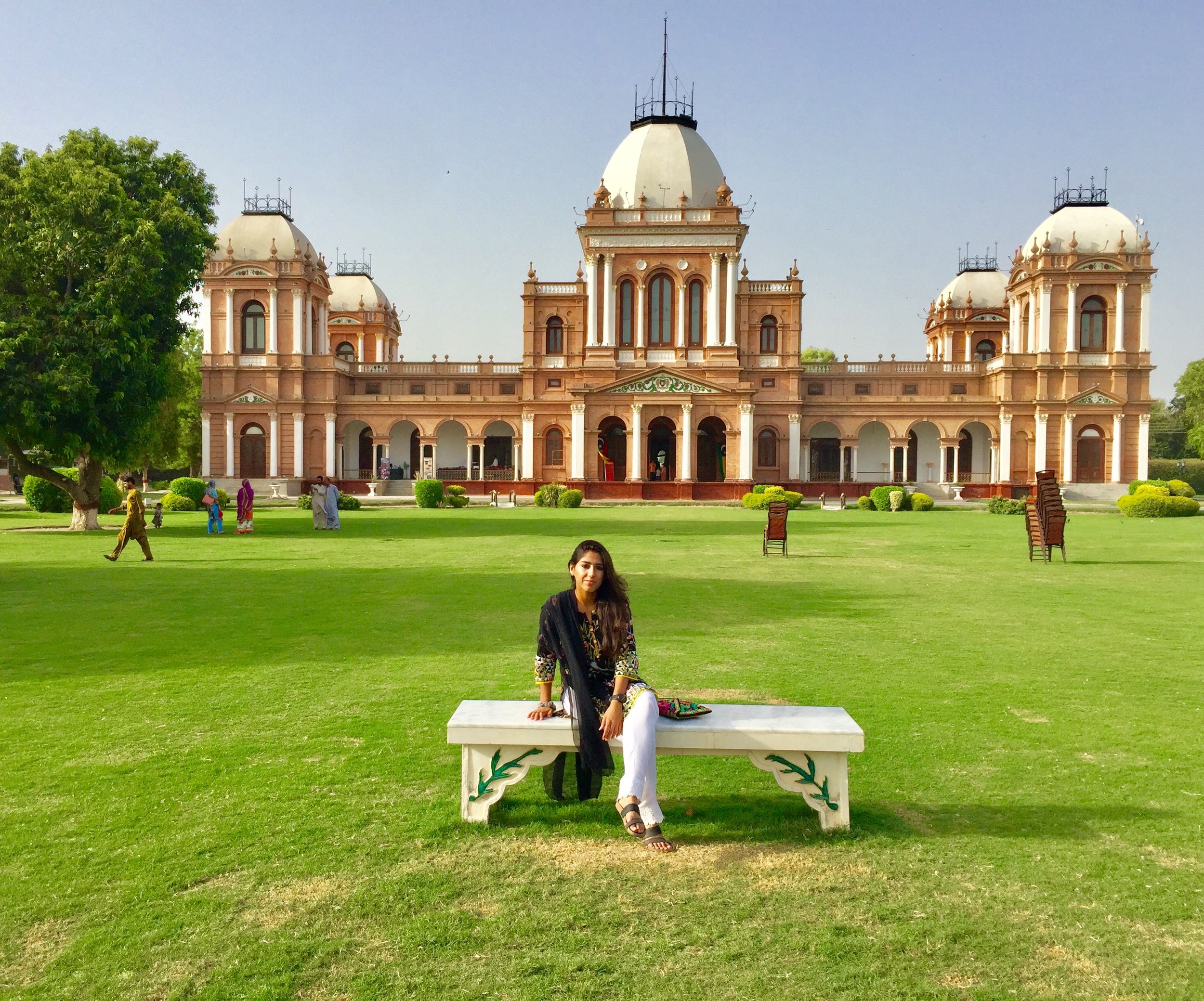
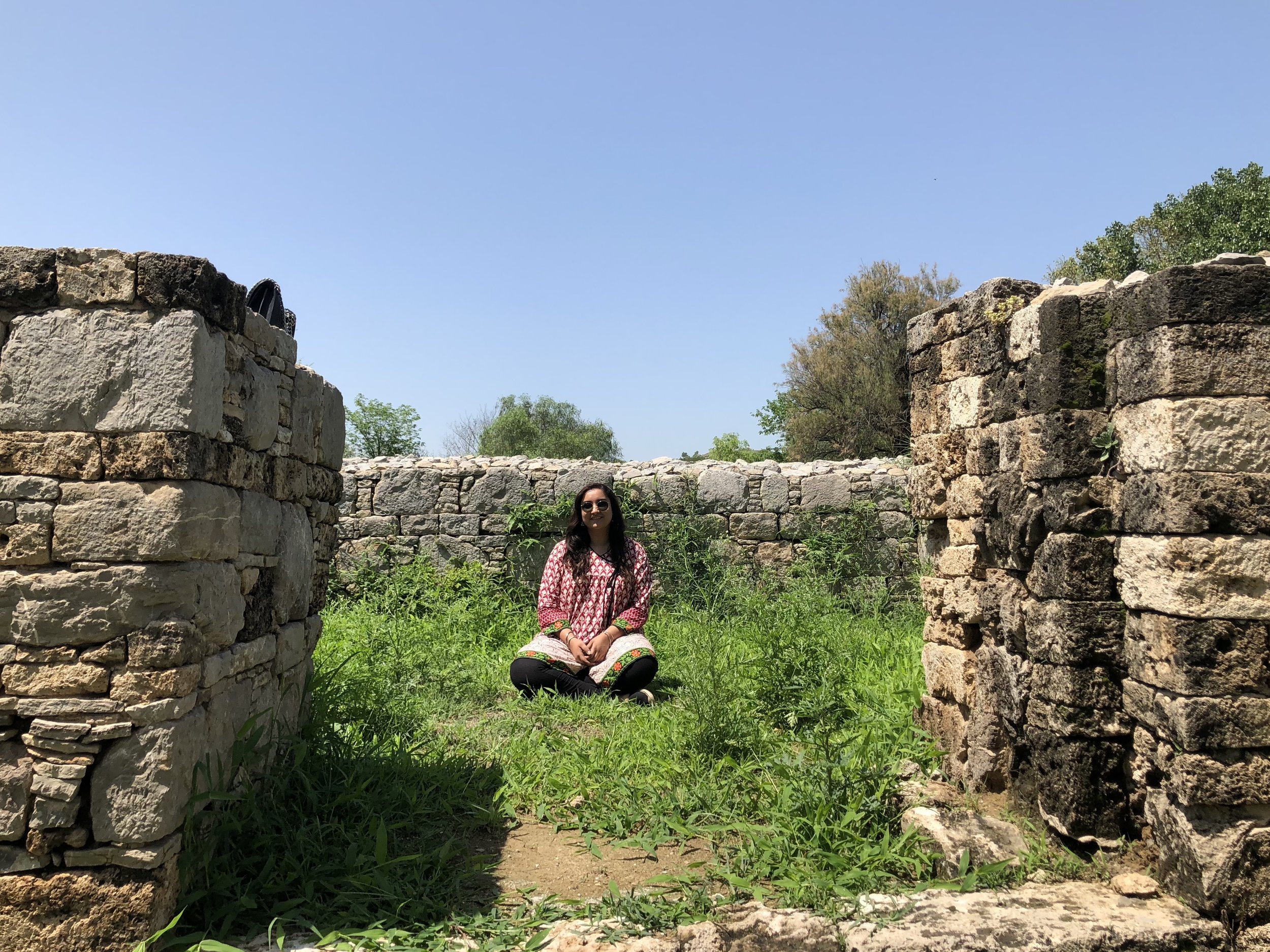
“I am thankful for the opportunity to have become an intern at NRSP. I am inspired by its community driven approach focused on poverty education in rural areas.”
“Thank you for giving me a once in a lifetime opportunity to meet so many resilient and strong women who are committed to empowering themselves, and their communities at large. You have made a real difference in my life, and I appreciate the opportunity to serve as an APF Fellow in my motherland.”

